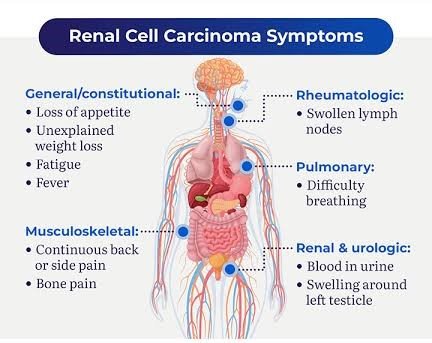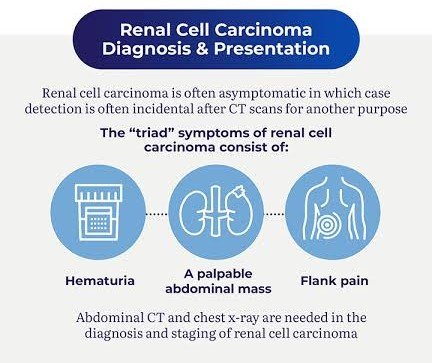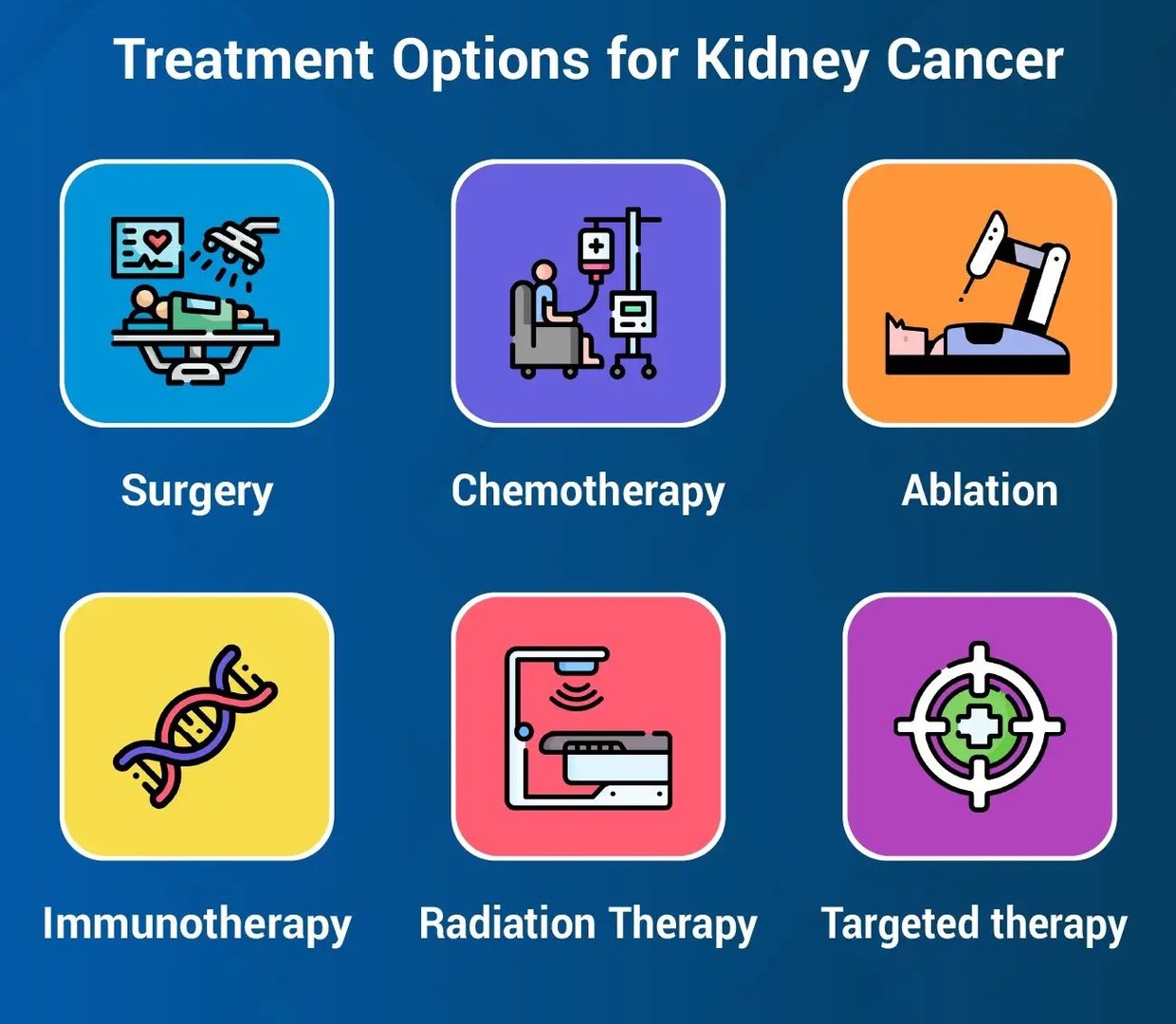Overview
Renal cancer, or kidney cancer, can sometimes spread to other parts of the body, and one of the most common places it spreads is the lungs. This is called metastasis. When cancer spreads from the kidneys to the lungs, it can cause a range of symptoms and requires specific treatments.
What Is Renal Cancer Metastasis to the Lungs?
Metastasis occurs when cancer cells break away from the original tumor in the kidney and travel through the bloodstream or lymphatic system to other parts of the body. When these cells reach the lungs, they can form new tumors. Unfortunately, once cancer has spread, it becomes more challenging to treat, but there are still many options to help manage the disease.
Symptoms of Renal Cancer Metastasis to the Lungs

Some people may not have any symptoms when renal cancer spreads to the lungs. Others may experience signs such as:
- Persistent Cough: A cough that doesn’t go away, or one that gets worse over time, can be a sign of lung metastasis.
- Shortness of Breath: Difficulty breathing or feeling breathless during normal activities.
- Chest Pain: Some people may feel pain or discomfort in their chest, which can worsen with deep breathing or coughing.
- Coughing Up Blood: In more advanced cases, you may notice blood when coughing.
How Is Renal Cancer Metastasis to the Lungs Diagnosed?

If your doctor suspects that renal cancer has spread to the lungs, they may perform a series of tests, including:
- Imaging Tests: CT scans, X-rays, and MRIs can help doctors see if there are any tumors in the lungs.
- Biopsy: In some cases, a small tissue sample may be taken from the lung to confirm whether the cancer has spread.
Treatment Options for Renal Cancer Metastasis to the Lungs

Although metastatic renal cancer is harder to treat, there are several options available to help manage the disease and improve quality of life.
1. Targeted Therapy
Targeted therapy uses drugs to specifically attack cancer cells without harming normal cells. These treatments can block the growth of cancer cells or prevent them from spreading.
2. Immunotherapy
Immunotherapy helps your body’s immune system recognize and fight cancer cells. Medications like nivolumab (Opdivo) and pembrolizumab (Keytruda) are often used for renal cancer that has spread.
3. Surgery
In some cases, surgery may be used to remove tumors in the lungs, especially if the metastasis is limited to just a few spots. This is usually combined with other treatments like targeted therapy or immunotherapy.
4. Radiation Therapy
Radiation can be used to shrink tumors in the lungs and relieve symptoms like pain or breathing difficulties. It’s often used when surgery isn’t an option.
FAQs
1. How is renal cancer metastasis to the lungs diagnosed?
Doctors may use imaging tests like CT scans, MRIs, or X-rays to detect lung metastasis. A biopsy may also be done to confirm if the cancer has spread to the lungs.
2. What are the treatment options for renal cancer metastasis to the lungs?
Treatment options include targeted therapy, immunotherapy, surgery, and radiation therapy. The choice of treatment depends on the extent of the cancer and the patient's overall health.
3. Can lung metastasis from renal cancer be cured?
While metastatic renal cancer is not typically curable, treatments can help control the cancer, reduce symptoms, and improve quality of life.






